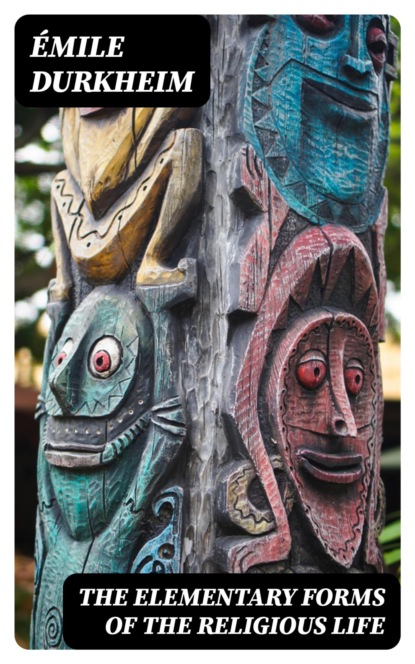Həcm 790 səhifə
0+
Kitab haqqında
In «The Elementary Forms of the Religious Life,» Émile Durkheim meticulously examines the role of religion in the social fabric, focusing particularly on totemism in Aboriginal Australian tribes. Employing a sociological lens, Durkheim presents religion not merely as a set of beliefs or practices but as a crucial component of collective consciousness that unites individuals within a community. His analytical approach intertwines anthropological observations, philosophical insights, and sociological theories, making this work a foundational text in both sociology and religious studies. Durkheim seeks to uncover the common elements that constitute the essence of religious life across cultures, arguing that these elements reflect the broader social order and communal values prevailing in a society. Émile Durkheim, often hailed as one of the principal architects of modern sociology, was profoundly influenced by the socio-political upheavals of his time, particularly the rise of individualism and secularism. His academic background in philosophy and his interest in how the social world shapes human experiences led him to investigate the underlying structures of religion, seeking to demonstrate the persistent relevance of religious life in contemporary society. Durkheim's pioneering work laid the groundwork for subsequent sociological theories of religion, providing a comprehensive analysis of its functions and significance. I highly recommend «The Elementary Forms of the Religious Life» to students and scholars alike, as it offers profound insights into the intersection of religion and society. Durkheim's exploration not only illuminates the sociological dimensions of religious practices but also encourages readers to reflect on the impact of collective beliefs in shaping human behavior and community identity. This work remains indispensable for anyone seeking to understand the enduring power of religion in the modern world.
